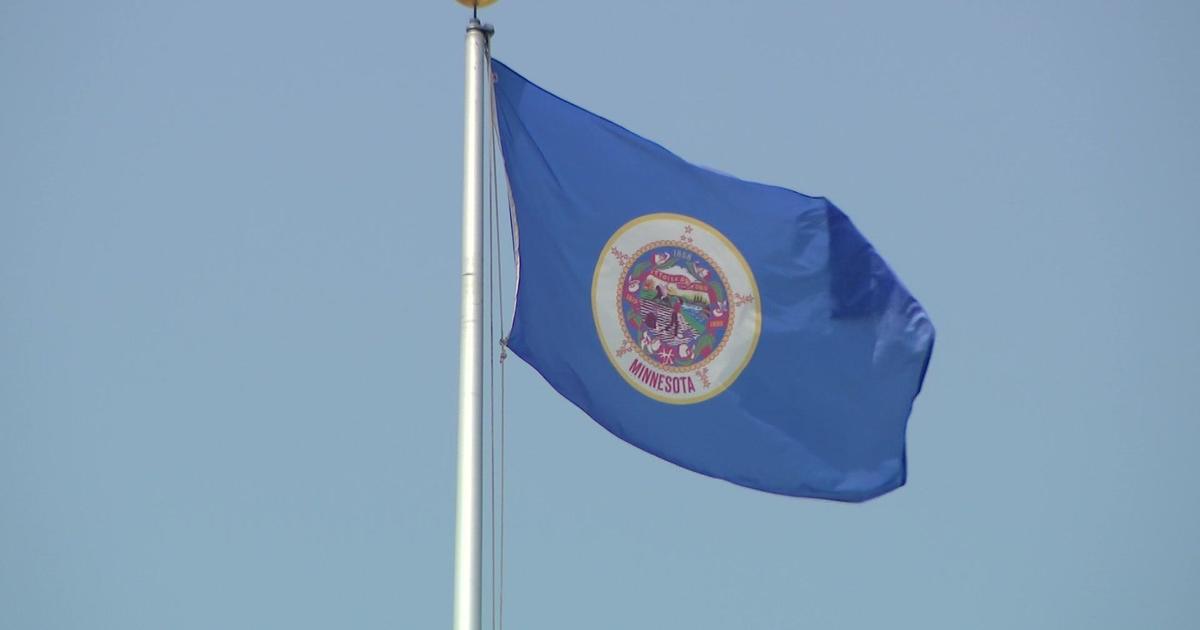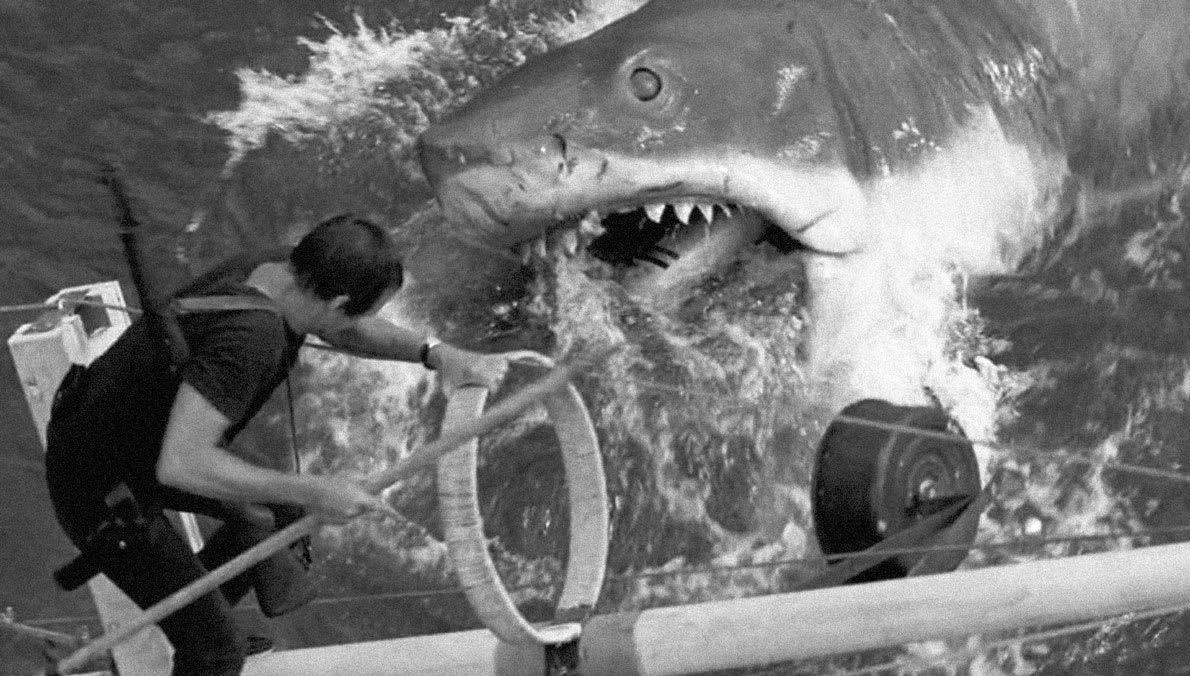A rise in reported shark attacks has beachgoers and officials concerned. Here's what to know.
New York City announced Rockaway Beach was closed Saturday because of shark sightings, just days after a 16-year-old surfer was bitten off Fire Island.
The teenager was able to walk out of the water Wednesday after being bitten about 60 feet offshore at Kismet Beach, authorities said, with a four-inch laceration on his foot. The teen was the sixth Long Island beachgoer to experience a shark attack this summer.
Shark interactions from Massachusetts to Florida have beachgoers — and local officials — fearful this summer. From red flags on Long Island to closed beaches in Boston and shark patrols in Miami, the prospect of shark danger is enough to make even the most ardent shore-lover cautious about the water.
Last weekend, a 40-year-old woman was bitten on the leg, presumably by a shark, while wading in Daytona Beach Shores, according to the Volusia County Beach Safety Ocean Rescue. On Tuesday, all Rockaway beaches in New York City were closed following multiple shark sightings, police said.
"These people were probably just in or near the food source," Greg Metger, a researcher with the Shark Research and Education Program at the South Fork Natural History Museum and Nature Center in Long Island, told CBS New York. "These sharks are very used to bumping into large things trying to get their food."
Bites have been reported on both coasts, with five on Long Island reported in two weeks, one of which injured a surfer and another a lifeguard. A 62-year-old swimmer in California suffered major injuries to his stomach, arm and leg in an attack last month.
But the danger might not be what it seems.
Last year, only one person in the U.S. died from an unprovoked shark attack: A man who was boogie boarding in California's Morro Bay on Christmas Eve. Researchers with the International Shark Attack File recorded 73 unprovoked incidents last year, an uptick from the decade-low 52 bites in 2020 but closer to the five-year global average of 72 annually.
How likely is a shark bite at the beach?
Unless you regularly worry about getting hit by lightning during a summer storm, thoughts of a vacation shark bite shouldn't prey on your mind. According to the Shark Attack File, 1 in 79,746 people will be struck by lightning and die — much higher than the risk of dying from a shark attack, which is 1 in more than 3.7 million. And data compiled by conservation group Defenders of Wildlife highlights that bees kill more people every year, as do cows — 53 and 22, respectively.
Historically, sharks haven't been anywhere close to the potentially deadliest part of your vacation. Many, many more Americans will die on the road — nearly 43,000 in 2021, according to National Highway Traffic Safety Administration estimates, which put last year at the deadliest on record since 2005 for people on the roads. In 2020, the fatality rate for motor vehicle crashes in the U.S. was 11.7 per 100,000 people, according to the Insurance Institute for Highway Safety — ranging from 4.9 in Massachusetts to 25.4 in Mississippi.
The lifetime risk of dying from an auto accident is 1 in 84, according to the Shark Attack File, part of the Florida Museum. In comparison, people have a 1 in 5 chance of dying of heart disease and a 1 in 7 chance of dying of cancer, the organization calculates.
And water activities have other dangers besides sharks. Nearly 4,000 people in the U.S. die from drowning every year, according to Centers for Disease Control and Prevention data, many of them children. An additional 8,000 end up in the emergency room.
Shark bites at beaches have increased
But there's a reason stories about shark attacks seem to be everywhere. More shark attacks are reported in the U.S. than any other country — 60% — and 38% of all the shark attacks globally in 2021 occurred in Florida, according to the Shark Attack File.
And experts say that's in part a case of mistaken identity. In a study published last October, researchers found juvenile great whites, for example, cannot significantly differentiate between humans swimming, humans paddling surfboards and prey like sea lions and seals, especially as they're still learning what constitutes food.
But a bite that doesn't kill a swimmer can still have tragic consequences. A Florida 17-year-old was scalloping off the coast of Keaton Beach near Tallahassee earlier this month when what witnesses said was a nine-foot shark approached and bit her. Though Addison Bethea's brother, Rhett Willingham, managed to pull her to safety, CBS Miami reported she was set to have her leg amputated above the knee.
As in Bethea's case, bites often don't kill.
"It's very common that the shark attack is not fatal," Christopher Paparo, manager of the Marine Science Center at Stony Brook-Southampton, told CBS News. "The reason for that is they're not trying to eat us."
And Bethea said she'll still venture into the water.
"Don't be scared of the ocean. I had so many people comment on my Instagram saying, 'I'm so scared of the ocean now'. But I'm still going to get in the ocean when I heal and get better. I'm still going to do what I love, don't just let fear overtake your life," she said.
The good news about shark sightings
Sharks might concern vacationers and tourists, but experts say they're a sign conservation efforts are working after shark populations crashed by the 1970s, thanks to overfishing and pollution.
"Beginning in the early to mid '90s, we started to work on this problem and say we really need to have the shark population back into healthy condition," Bob Hueter, chief scientist at OCEARCH, told CBS New York.
When top predators like sharks disappear, Hueter said, that has an effect on the ecosystem's other layers.
"When you cut that top layer off you end up losing things, sometimes even the whole habitat," Hueter said.
In recent years, efforts to restore the waters off New York City are bearing fruit. "Our ocean beaches, the Long Island Sound, a lot of these places have gotten much, much better in the last couple of years," said Paparo. "If there are sharks in your area, it means it's a healthy ecosystem."





